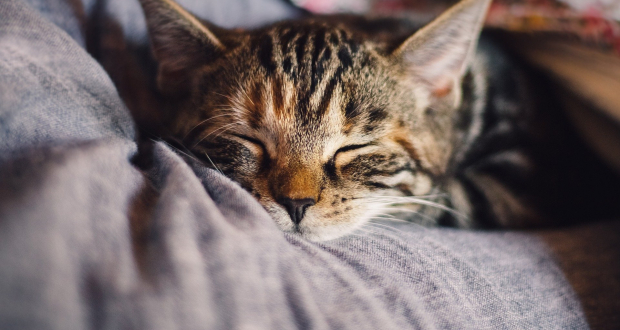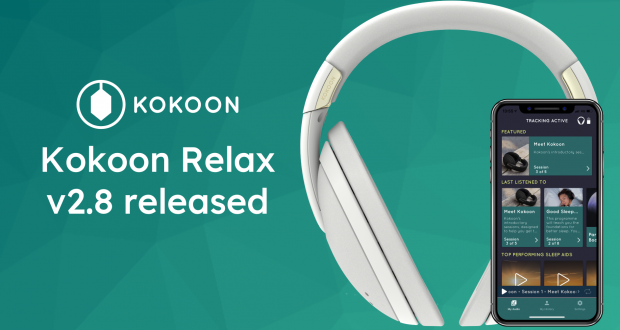Anyone whose work has required them to work in shifts will attest to how tiring it can be. Especially for people who have to work night shifts or irregularly timed shifts (starting very early before 6am or finishing late such as post 11pm).
The impact this has on your body clock can leave you exhausted and worse still, can impact your overall health and well being. Working irregular night shifts can lead to higher rates of accidents, depression and more health risks such as heart disease and diabetes.

Whilst not everyone working in shifts suffers from sleep deprivation, they are far more at risk than those working during daylight hours. Working in shift patterns mean you won’t be sleeping at the optimal time and, worse still, working at night means you will be fighting against your circadian rhythm and you may not be able to sleep well, if at all, when the time comes.
What is your circadian rhythm?
Circadian rhythm is the term used to describe your body’s natural internal clock. It dictates clear patterns in a range of bodily functions such as body temperature, brain wave activity, hormone production and cell regeneration amongst others. Your circadian rhythm is designed to alter your body’s temperature and other aspects to best facilitate sleep and regeneration overnight.
Circadian rhythms are naturally attuned to a 24 hour cycle, making you sleepy in the evening, and most productive during the day. It makes 2am the time you are most likely to get the deepest and best quality sleep.
Your rhythm can be affected by outside sources such as lighting, and disrupted sleeping patterns (such as those associated with shift work). One of the most commonly experienced disruptions of the circadian rhythm which people are familiar with is jet lag, leaving travellers fatigued and unable to sleep through the night.

How do you minimise the effects of shift work?
The best thing you can do is to avoid continued night and/or irregularly timed shifts. Whilst one shift will have an obvious impact, the impact is compounded over 2 or more shifts. In cases where this is not a possibility, it is best to try and work the same or very similar hours every day in order to create a new schedule for your body.
Try retraining your body. If you are going to be working night shifts for a prolonged period, it may be worth trying to retrain your circadian rhythm. As your circadian rhythm can be disrupted by light, use bright lights while at work to stimulate your body into being more awake and alert. Over time you will adapt to this new cycle.
Keep your sleep patterns as consistent as possible. As you retrain your body into your new circadian rhythm, it is important to keep the hours you sleep as constant as possible. This will help you to get the best sleep possible.
Avoid too much caffeine. Just like a 9-5 worker, it is important not to drink caffeine later in your shift or you risk poor sleep. Whilst a pick me up as the night wears on may sound like exactly what you need, it’s best to avoid the boost in favour of a good “night’s” sleep when you get home.
















